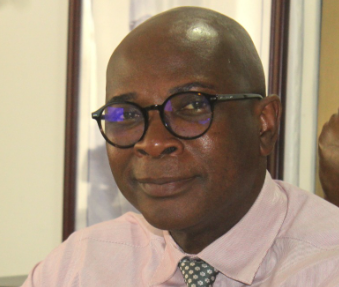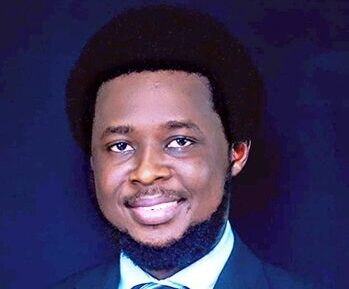By Alusine Fullah
Yes, as a teacher I am very concerned about the Free Quality Education flagship program of H.E Bio. A senior government officer from the Ministry of Basic and Senior Secondary School revealed a gamut of information about Teaching and learning materials (TLMs). Programme on a phone interview.
Teaching and learning materials (TLMs) are regarded as one of the major aspects that would promote learning and help pupils achieve their academic goals and objectives. This is also to ensure that every institution has appropriate teaching and learning materials, and learning related technology as per Target 4.1. of the SDGs 2030. The Education Act of 2004 makes basic education ‘free and compulsory’. This has led to significant improvement in the enrolment of pupils in government and government-assisted schools across the country. The Government of Sierra Leone under the leadership of H.E Bio has also made education its flagship development programme; and had launched the Free Quality School Education (FQSE), which started in September 2018. This scheme aims to cover the costs for textbooks, exercise books, sports equipment, pens and pencils, as these were the core components in the TLMs provision. In 2019, the Government committed 21% of the national budget to the education sector.
The FQSE National Coordinator revealed that in 2020, a DFID consultant started developing a resource framework for the FQSE, but it was interrupted by the COVID-19 pandemic. However, no evidence of the framework was submitted for review. Interviews (on phone calls) with other stakeholders from the Ministry, local councils and schools revealed that, since there was no policy guiding the TLMs distribution process, this led to poor coordination as it lacked leadership in the process. The distribution that was expected to be carried out by the local councils was championed by the Ministry. In instances of limited textbooks, some school heads gave out the available textbooks to pupils on rotational basis, while others kept the books in the schools to be used in groups during lessons. This made it difficult to fully and effectively implement the TLMs distribution process.
Analysis of that interview notes revealed that the TLMs distribution process lacked proper needs-assessment. As such, the TLMs package had no specification as it included textbooks, exercise books, pens, pencils, blackboard renovators, mathematical sets, sporting equipment, blackboard mathematical sets etc. There was also no evidence that consultation was done with different stakeholders (councils, schools and parents) to reach an agreement could on what materials constituted the TLMs. This situation led to the concentration of procurement of sporting equipment, even though schools already had them in their stores without being used. They did not concentrate on the replacement of worn out textbooks and the supply of more exercise books in order to ensure even distribution to schools. Furthermore, the school heads were not consulted by the FQSE National Coordinator for their current nominal rolls in developing the distribution matrix for the TLMs. Instead, the past annual school census data was used without taking into consideration annual increase in enrolment. This also created discrepancies in the distribution process.
He revealed that the distribution matrix used for the supply of TLMs was inaccurate because it was not reconciled with the enrolment records; and as such, supplies were either surplus or in shortfall. He also exposed during focus group discussions that the distribution of exercise books to pupils was not evenly done. That is, the pupil to exercise book ratio was on a case-by-case basis. This was also referenced during analysis of interview notes as pupils of the same classes but in different schools were supplied four, five or six exercise books as the case may be.
He further told me that pupils were not allowed to take home the core textbooks they were supplied since the books were not enough to be distributed to every pupil in the respective schools. The textbooks were distributed among groups during lessons, whilst others were held up in cupboards and in boxes, unused. This situation did not only hinder the quality of learning, but also increased the financial burden on parents/caregivers.
He exposed that the Ministry did not work in line with the school calendar for the distribution of the TLMs. Notably; the TLMs were distributed late after the reopening of schools, precisely at the end of second term. The condition therefore, deterred the objective of enhancing the quality of learning and improving pupils’ performance.










